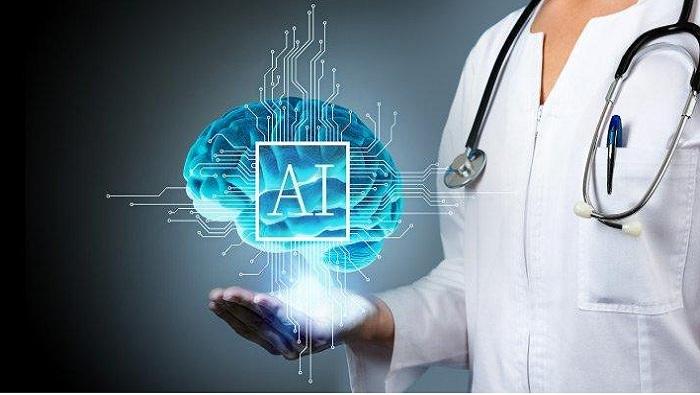Feb 26
2024
Are There Dangers To AI Taking Such a Prominent Role In Healthcare?
Over the last few years, artificial intelligence has become hugely prominent in society, and when it comes to healthcare that’s no different.
All parts of healthcare are now using it, and there are plenty of positives for it, whether it be personalised addiction treatment plans, spotting trends quicker and more efficiently, or improving diagnostics, there’s so much it’s improving.
However, are there concerns about AI taking such a prominent role in healthcare too?
Well, yes, there are. Mainly because there are some dangers that run alongside the positives too.
Erosion of patient privacy
That primarily lands with the lack of patient privacy. AI systems use huge amounts of sensitive data, which essentially means that the danger of misuse and unauthorised access is higher. While there are major security measures in place, patient records do become more vulnerable to hackers, which can lead to all manner of exploitation of such details.
Bias in algorithms
AI is always learning, but that also means that just like humans, there’s the opportunity of getting it wrong. For example, if the data used reflects existing societal biases then AI systems may inadvertantly discriminate against other groups, potentially leading to further inequality within the system.
Therefore, AI needs to be fed addressing such biases to ensure that how it operates reflects the entirety of society and not just one area.
Who’s accountable?
If AI becomes an increasingly bigger part in decision making, where does that leave accountability? Traditionally, whether it be addiction, cancer treatment, physio or anything else, there’s a clear chain of responsibility, with professionals accountable for their decisions.
While a human will likely still interpret the data given to them from AI, it still blurs the lines much more on accountability for diagnosis or course of treatment.
Misintepretation of data
AI is designed to enhance efficiency and accuracy, but there could be unforeseen circumstances where it doesn’t. Again, that falls into the accountability argument, but also could lead to incorrect diagnoses and courses of treatment that could prove dangerous.
Essentially, AI will benefit all parts of healthcare, but at the same time it needs to be monitored carefully by humans to get the best out of it. Artificial intelligence can’t replace medical professionals, but it can complement the practice of them, creating a much more streamlined process and ensuring patients are treated more efficiently and effectively.
